Roman influence in Britain is waning. The Empire is increasingly threatened by hostile tribes along its borders and divided by political struggles at home. Two distant cousins who have met by chance in Britain – Justin, a shy, newly qualified army surgeon and Flavius, a young centurion – are caught up in the power struggles between Carausius, the charismatic Emperor of Britain, his cruel and ruthless treasurer, and the Emperor in Rome.
Disgraced after their attempt to warn Carausius about a plot against him fails, the two go underground, rallying support for the legitimate Emperor and finally taking refuge at the home of their formidable great-aunt Honoria. Here they make an astonishing discovery which affects their future and links directly back to their ancestor Marcus and the disappearance of the Ninth Legion.
‘Sutcliff was a superb writer with a classicist’s grasp of the era, a poet’s eye for nature and a devilish sense of plot. Fiction this evergreen cannot fail to uplift. ’ David Mitchell
The Roman Novels by Rosemary Sutcliff
Rosemary Sutcliff (1920‒92) wrote three of her four great historical novels for children set during the last years of the Roman occupation of Britain – The Eagle of the Ninth, The Silver Branch...
Read moreThe Sound of Chariots
Rosemary Sutcliff knew about chariots. In the first of her four Roman books, The Eagle of the Ninth (1954), her young hero, the centurion Marcus Flavius Aquila, politely suggests to his British...
Read more‘These books from Slightly Foxed are like perfect gems.’
‘I have found a book, and three more to follow, which is such a joy and has delighted me so much . . . These books are superbly produced and so elegant to look at and to hold . . . these books from...
Read more




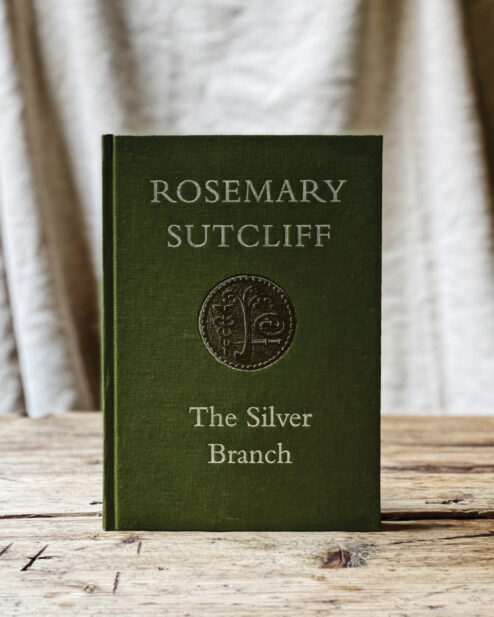


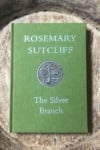

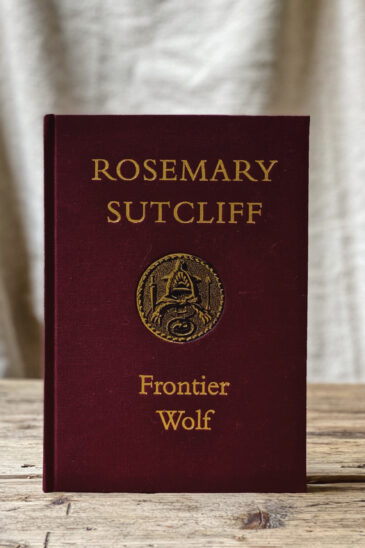
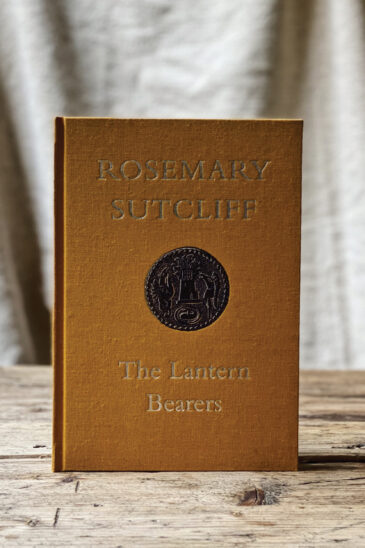
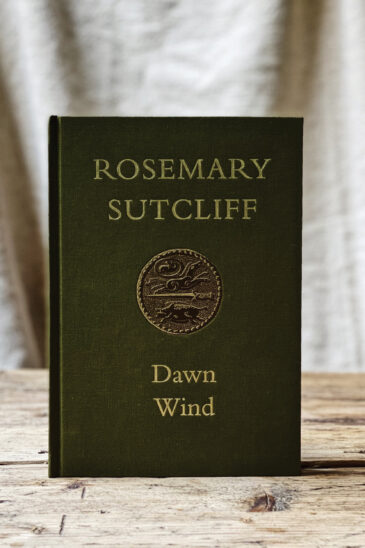
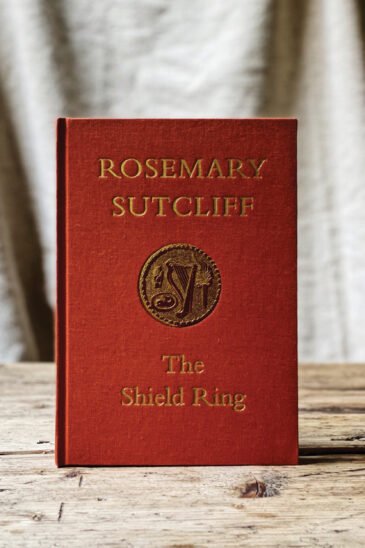
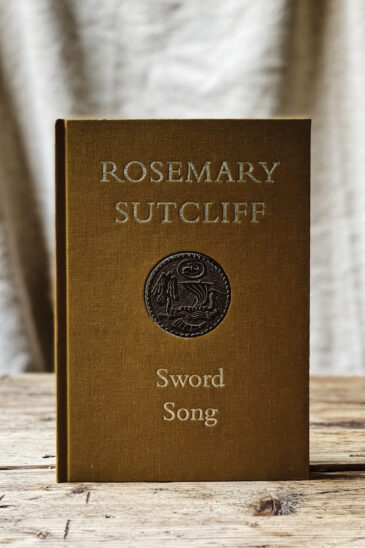

‘Her prose is always lucid and always vivid. The accuracy of her detail enabled her to create an enormously rich canvas with absolute conviction. She never wrote down to her child readers but had an instinctive way of speaking directly to them. She was one of a generation of children’s writers who understood the importance of writing for children as intelligent readers. She gave them a way of stepping into the past by offering characters with whom they could immediately identify. She loved the past and made it available and fresh without ever corrupting it with contemporary overtones.’
Read Rosemary Sutcliff’s obituary in the Independent